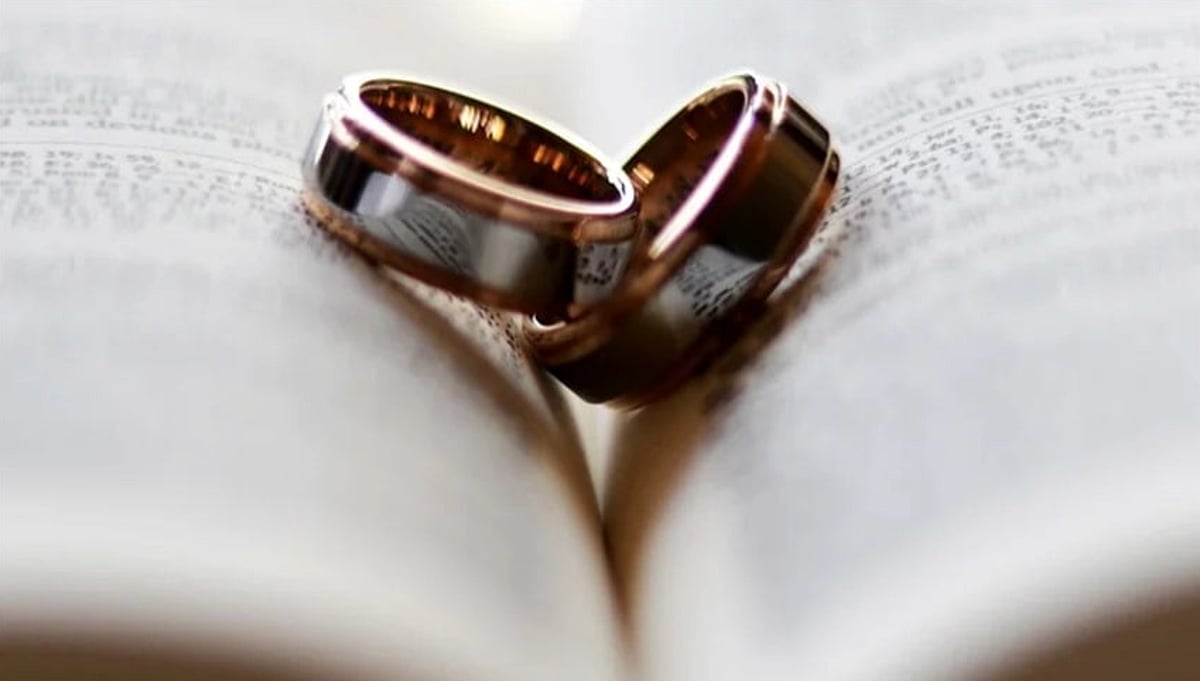Civil marriage in Abu Dhabi: What you need to know
Five key requirements outlined for non-Muslim couples under Law No. 14 of 2021

Abu Dhabi: The Abu Dhabi Judicial Department (ADJD) has outlined the five key requirements for civil marriage under Law No. 14 of 2021 on Civil Marriage and Its Effects, which governs non-Muslim marriages in the emirate, 24.ae reported.
The law establishes a modern legal framework for civil unions in line with international standards, applicable exclusively to non-Muslims and non-UAE nationals.
According to the UAE Government Portal, applicants must meet the following conditions: both parties must be non-Muslim, at least 18 years old, not related in the first or second degree, not currently married, and must give mutual consent to the marriage.
Registration process
To register a civil marriage, couples must provide:
A completed and signed marriage application form
Copies of both passports or Emirates IDs (for residents)
Proof of divorce or annulment if previously married
An optional prenuptial agreement outlining financial arrangements or rights
Applications can be submitted online via the ADJD website or through authorised typing centres.
Service options
Two options are available:
Standard service: Dh300, processed within 10 working days, with the earliest available appointment for the ceremony.
Express service: Dh2,500, processed within one working day, allowing couples to choose their preferred date and time, subject to court availability.
Ceremony procedure
On the day of the ceremony, both parties must attend the ADJD main courthouse, present their passports or IDs, and proceed to the Civil Marriage Section. The ceremony takes place in a designated hall, presided over by a civil marriage officer.
The vows are played via a pre-recorded audio available in seven languages, including English. Couples needing another language must inform the court in advance.
Unlike religious ceremonies, no witnesses are required, as the civil marriage officer (notary public) serves as the legal witness. Couples may invite guests, bring a photographer, exchange rings, and recite personal vows.
The ceremony concludes with the signing of the marriage certificate, legally recognising the union under Abu Dhabi’s civil law.
Sign up for the Daily Briefing
Get the latest news and updates straight to your inbox
Network Links
GN StoreDownload our app
© Al Nisr Publishing LLC 2026. All rights reserved.